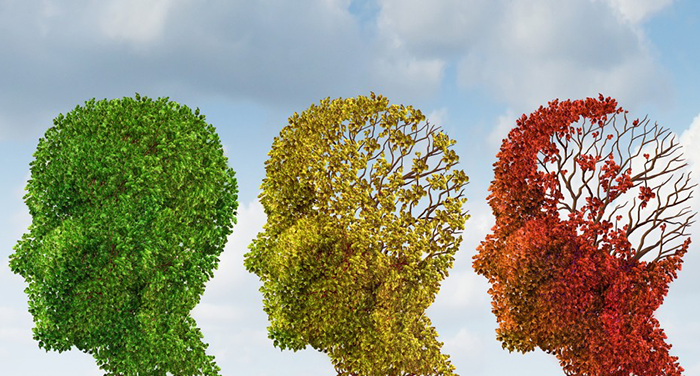
According to the National Institute On Aging, there are all sorts of expected changes to the brain as you age.
*Your brain begins to shrink in certain parts, particularly the hippocampus and prefrontal cortex. These areas are responsible for planning, memory, leaning, and numerous other complex mental activities.
*Your brain loses neurons that trigger a reduction in white matter, which means memory and brain strength is lost.
*Blood flow is reduced because of changes in your capillaries; which means less optimal brain function.
*Plaques and tangles develop that interfere with clean brain communication and function. These can trigger a variety of diseases.
*Free radical damage decreases your brain function and ability.
*Inflammation stresses your brain as a result of injury, disease, or an unusual situation.
Most importantly, what does aging have on how well the brain functions mentally in the elderly population?
Many older people notice they have trouble remembering names, there's a decline in the ability to retrieve information, remember, and store new information. And older people may not have the attention span to learn and complete tasks as efficiently the older they get.
What's interesting to note is many older adults are able to improve in cognitive areas, like vocabulary and verbal awareness.
When you work your brain muscle you have the ability to decrease the obvious cognitive symptoms associated with aging. You also have the means to improve your overall brain function and pick up new cognitive abilities.
Mayo Clinic reaffirms the fact there are certain aspects of aging and the degeneration of your brain function that can't be avoided. However, it's important to maintain a healthy lifestyle and continue to challenge your brain on a daily basis to slow the process and maintain your ability to recall thoughts, store new information, and increase your ability to think quick on your feet.
Take Action Steps to Support Optimal Cognitive Function and Reduce Stress
*Encourage the elderly to focus on what they are good at and not worry about the rest
*Don't worry about trying to do everything
*Steer clear of daily tasks that trigger anxiety or feelings of distress
*Do the things you want and delegate the rest
*If there is something you don't have the ability to do, you should pass this off to a service professional that can get it done for you
By reducing the work load for elderly people you are able to open the doors to a happy life. Find a professional to take care of the gardening. Hire an accountant to get the taxes done. Locate a driver to help get the errands done. And find a bill paying service that can remove the stress and financial responsibility associated with the cost of living.
All pro-active take action steps that are only going to lift spirits up in the big picture of life.
Recently Added